The Research Institute at Crow Canyon
The Research Institute at Crow Canyon is dedicated to the belief that archaeology can address many of the challenges facing society in the twenty-first century.
Established in 2014 by the Crow Canyon Board of Trustees, the Institute consists of an interdisciplinary network of scholars—archaeologists, economists, geographers, sociologists, educators, and indigenous culture specialists, among others—whose collaborative approach to research is especially suited to addressing big questions with large and complex datasets.
Institute research will expand Crow Canyon’s capacity in all three of its mission areas: long-term archaeological research, education about humans past and present, and research partnerships with Native Americans. As part of Crow Canyon, researchers at the Institute can leverage more than three decades of archaeological inquiry—and an extensive database—in support of sustained research leading to a better understanding of the human past and a clearer vision of society’s path forward.
Projects conducted under the aegis of the Institute address a wide variety of interrelated issues relevant not only to archaeologists but to educators, policy makers, advocacy groups, and indigenous peoples:
- Human-environment relationships
- What effect do people have on the natural environment? How does a changing environment affect human societies? An understanding of how humans have responded to environmental change in the past can inform discussions of environmental policy today.
- Economic systems
- Studies of economic performance in ancient societies worldwide provide valuable historical and cross-cultural perspectives on long-term economic sustainability and unsustainability.
- Social complexity
- Human societies have grown exponentially in scale and complexity over the past 10,000 years. Institute studies help identify the factors that shape the development human societies and create an appreciation for human cultural diversity. On a planet that today is inhabited by more than 7 billion people, the past can teach us about the social frameworks that are needed to manage future growth.
- Indigenous archaeology
- Archaeology conducted by and in collaboration with indigenous people promotes respect for different cultures, traditional knowledge, and the full range of creative solutions that different peoples have brought to bear on problems common to all societies, past and present. The Institute will facilitate these collaborative endeavors and support the work of indigenous scholars who seek to develop an archaeology based on indigenous perspectives.
- Cultural and scientific literacy
- As a social science that integrates the “hard” sciences into its practice, archaeology is an excellent way for students to acquire basic cultural and scientific literacy—and to learn how to apply those skills in real life.
The ultimate goal of the Institute is to offer research-based solutions to real problems. It’s ambitious, but the potential exists for archaeology—long regarded as simply the study of antiquity—to provide fresh perspectives on some of the most intransigent, and controversial, issues of our time.
Leadership
Mark D. Varien,
Executive Vice President of the Research Institute
PhD, Arizona State University, 1997
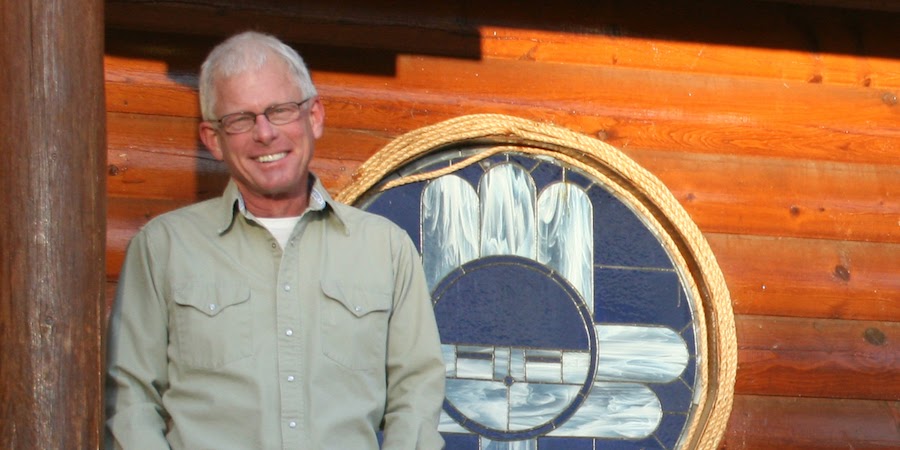
Mark Varien is the Executive Vice President of the Research Institute and the Ricky R. Lightfoot Chair for Research at Crow Canyon. Mark joined the staff at Crow Canyon in 1987. Prior to his current position he served Crow Canyon as a research archaeologist (1987–1997), Director of Research (1997–2007), Vice President of Programs (2007–2010), and Research and Education Chair (2010–2014). His first book, Sedentism and Mobility in a Social Landscape, was published in 1999 by the University of Arizona Press and was based on his PhD dissertation, which was awarded the Society of American Archaeology’s 1998 Dissertation Award. Since then, he has published numerous other books as edited volumes, including Seeking the Center Place: Archaeology and Ancient Communities in the Mesa Verde Region (2002, University of Utah Press), The Social Construction of Communities: Agency, Structure, and Identity in the Prehispanic Southwest (2008, AltaMira Press), Leaving Mesa Verde: Peril and Change in the Thirteenth Century Southwest (2010), and Emergence and Collapse of Early Villages: Models of Central Mesa Verde Region Archaeology (2012, University of California Press). He has also published articles many scientific, peer-reviewed journals, including American Antiquity, Kiva, Ancient Mesoamerica, and World Archaeology, and he has published works for the interested public, including a contribution to The Mesa Verde World and articles in Scientific American and American Scientist. His research has been featured in articles in the popular journals American Archaeology and Nature. Mark’s research interests include household and community organization, migration studies, the formation of cultural landscapes, human impact on the environment, the human response to climate change, archaeology and public education, and American Indian involvement in archaeology.
Kyle Bocinsky,
Director of the Research Institute
PhD, Washington State University, 2014
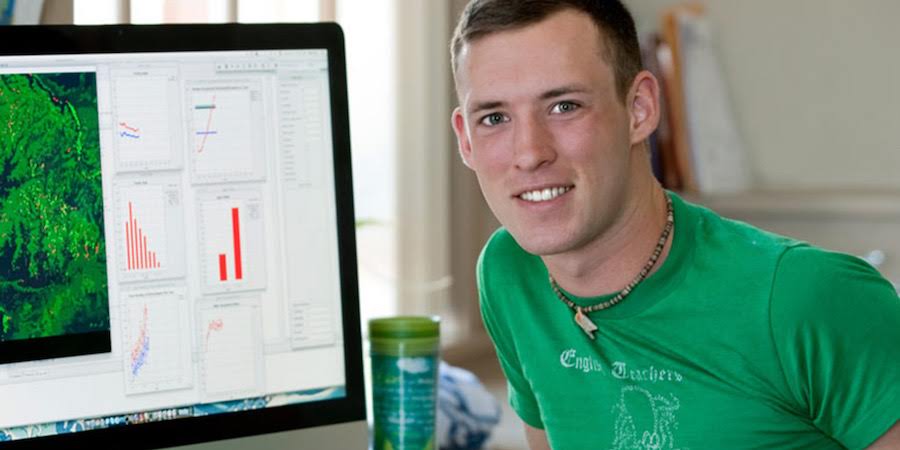
Kyle Bocinsky (PhD Washington State University 2014) is the Director of the Research Institute and the William D. Lipe Chair in Research, and a researcher with the Montana Climate Office at the University of Montana. In 2016, Kyle was the Director of Sponsored Projects at Crow Canyon. Kyle currently manages several Research Institute projects, including the Pueblo Farming Project, the SKOPE project, the CC-DATA project, and the computational legacy of the Village Ecodynamics Project. Kyle is a Co-Principal Investigator on a project funded by the National Science Foundation: Synthesizing Knowledge of Past Environments, or the SKOPE project. Kyle’s SKOPE research—managed through his Crow Canyon affiliation—develops large-scale, high-resolution paleoclimate reconstructions for the southwestern US. Kyle is a long-time member of the Village Ecodynamics Project (VEP), and has been collaborating with Crow Canyon researchers for over a decade. He was part of the field crew in the 2009–2012 Mesa Verde Community Center Survey, and helped develop substantial portions of the VEP computer simulation of ancient Pueblo society. Kyle’s scholarly interests include computational archaeology, traditional ecological knowledge, complexity, human behavioral ecology, foraging theory, and plant and animal domestication. Kyle is the author of several software packages in the R programming language, including FedData for easy access to federated datasets, and PaleoCAR for high-resolution paleoclimate reconstruction. Kyle is a Co-Project Director of the Native Waters on Arid Lands project, where he is working with an interdisciplinary team to enhance climate resilience on tribal land across the western US, and is also Co-Project Director of the Montana Drought and Climate project, where he is developing climate planning tools for agricultural producers in Montana. Kyle lives with his husband John and their golden retriever Molly in Missoula, Montana; he splits his time between Missoula and Crow Canyon’s campus in Cortez.
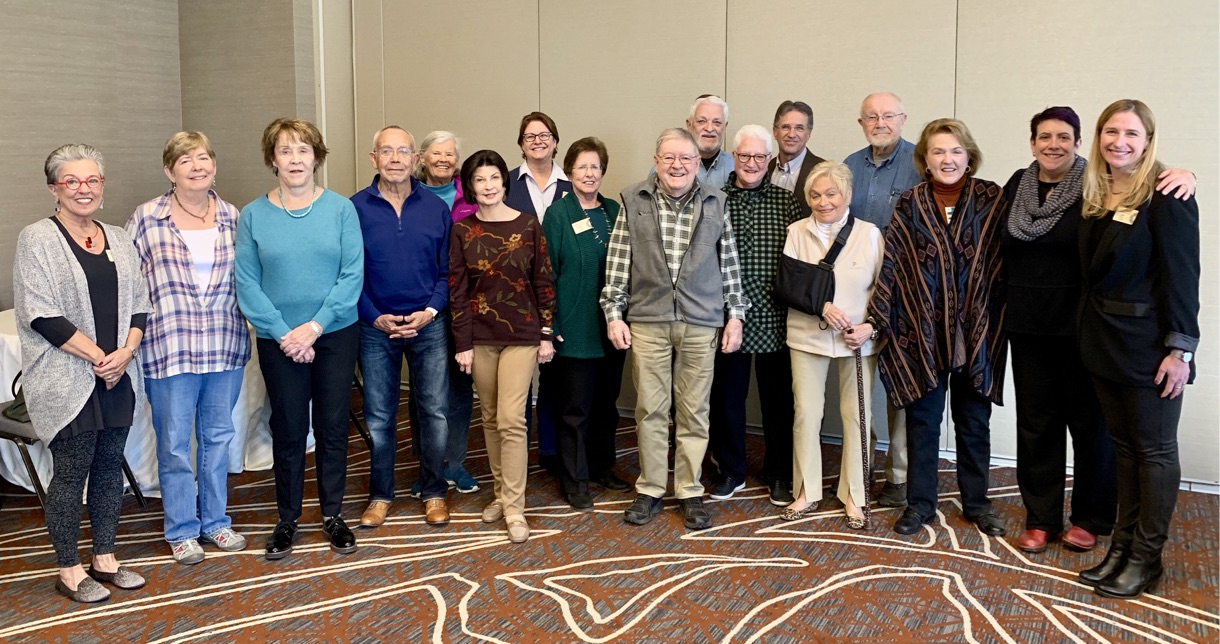
The Crow Canyon Board of Trustees. Left to right: Pamela E. Dowd, Elizabeth M. Alexander, Nancy Stevens, Joseph H. Suina, Deedee M. Decker, Barbara L. Schwietert, Constance J. Moramarco, Pamela M. Powell, Albert G. Boyce, Jr., Charles R. Larimore, Joan Goldstein, Ricky R. Lightfoot, Sue Anschutz-Rodgers, William D. Lipe, Quincalee Brown, Leslie M. Masson, Elizabeth (Liz) Perry. Not pictured: Richard G. Ballantine, Nancy M. Byers, Timothy Kohler, Karl F. Kumli III, David W. Melanson, Roberta H. Rubin, Carole B. Segal, E. Paul Torres, Margaret M. Zemach.
Advisory Board
Elaine Franklin
PhD, University of North Carolina, Chapel Hill, 1997
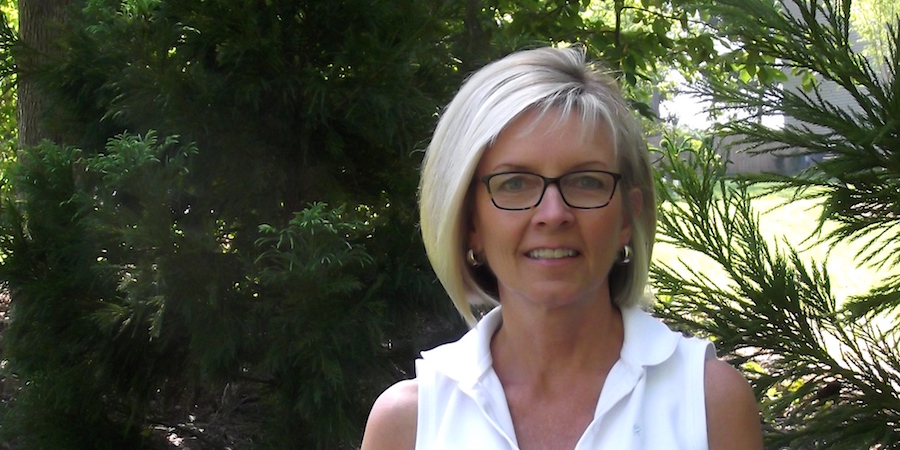
Elaine Franklin is the director of the Kenan Fellows Program for Curriculum and Leadership Development at North Carolina State University. Elaine was formerly the Executive Director of the North Carolina Center for the Advancement of Teaching and prior to that was the Director of the Center for Mathematics and Science Education at Western Carolina University. In these former positions, as well as in her current role, Elaine is a leader in the professional development of teachers across the state of North Carolina. Elaine served as Crow Canyon’s Director of Education between 1997 and 2005, during which time she led the Center’s education department, and developed its educational programs and curricula. During her tenure at Crow Canyon, the education department published a guide for teachers entitled Windows into the Past (Kendal/Hunt) and her research on student learning helped build the case for the development of the Pueblo Learning Center on the Crow Canyon Campus. Elaine has been active in archaeology and heritage education for more than 20 years and has published nationally and internationally on issues related to education about the human past. She maintains scholarly interest in these areas, as well in the area of human cognition and how people learn. Her 2005 book, How Students Understand the Past: from Theory to Practice (Altamira Press) was based on her dissertation research with Colorado Students who attended programs at Crow Canyon. She directed five National Endowment for the Humanities Summer Institutes for Teachers focused on archaeology and American Indian history.
Ricky Lightfoot
PhD, Washington State University, 1992
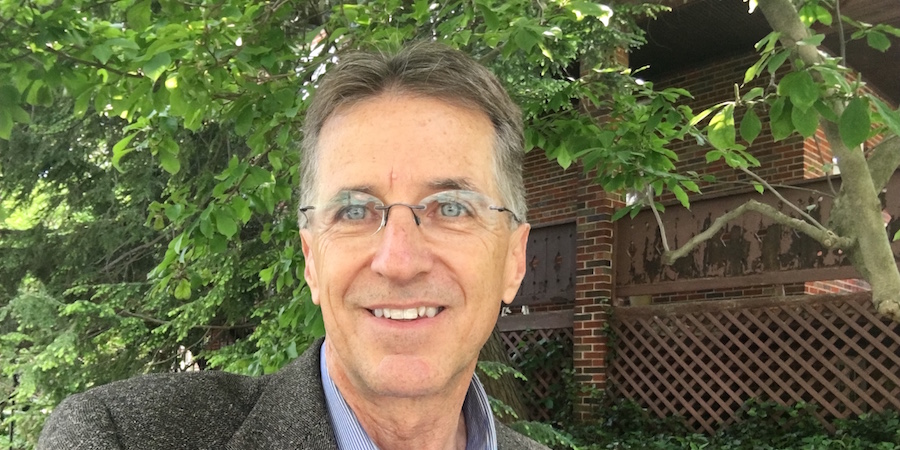
Ricky Lightfoot is a member of the Crow Canyon Archaeological Center’s Board of Trustees. Ricky was President and CEO of the Crow Canyon Archaeological Center from October 1998 to February 2010. Prior to that, he served as Crow Canyon’s Vice President of Programs for 3 years and as a research archaeologist for 11 years. Ricky began his career as an archaeologist working in Texas and Alaska, but since 1980, the focus of his archaeological research has been in southwestern Colorado. He directed Crow Canyon’s excavations at the Duckfoot Site and Castle Rock Pueblo, and has published numerous articles and books on Southwestern archaeology.
William (Bill) D. Lipe
PhD, Yale University, 1966
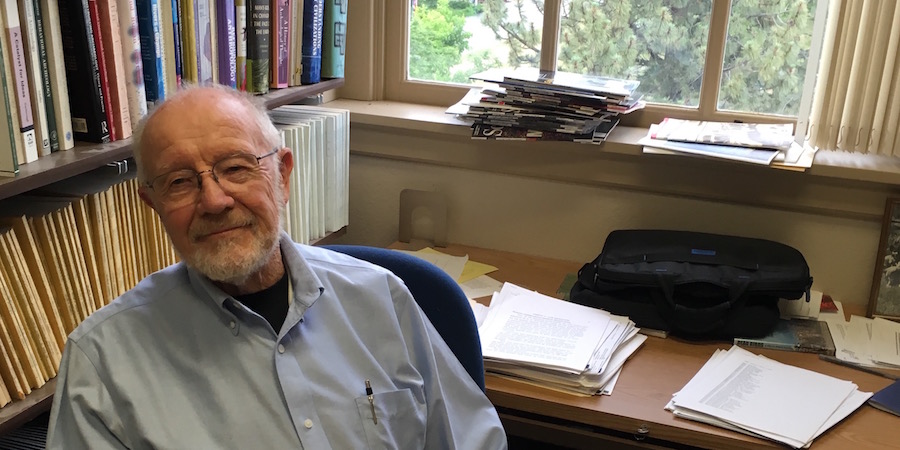
Bill Lipe is Professor Emeritus at Washington State University, where he joined the Anthropology faculty in 1976. Previously, he was Assistant Director of the Museum of Northern Arizona (1972–1976), and taught at the State University of New York at Binghamton (1964–1972), and the University of Oklahoma (1963-1964). Bill is a past President of the Society for American Archaeology, the principal professional organization devoted to the archaeology of the Americas. He has over 50 years’ experience in Southwestern archaeology, has authored more than 60 articles and book chapters, and is author or editor of six book-length monographs. In 2010, he received the Alfred Kidder award from the American Anthropological Association for achievement in American archaeology. From 1985 to 1993, he served part-time as Crow Canyon’s Director of Research and since that time has served the Center as a Research Associate and a member of its Board of Trustees.
Margaret C. (Peggy) Nelson
PhD, University of California, Santa Barbara, 1981
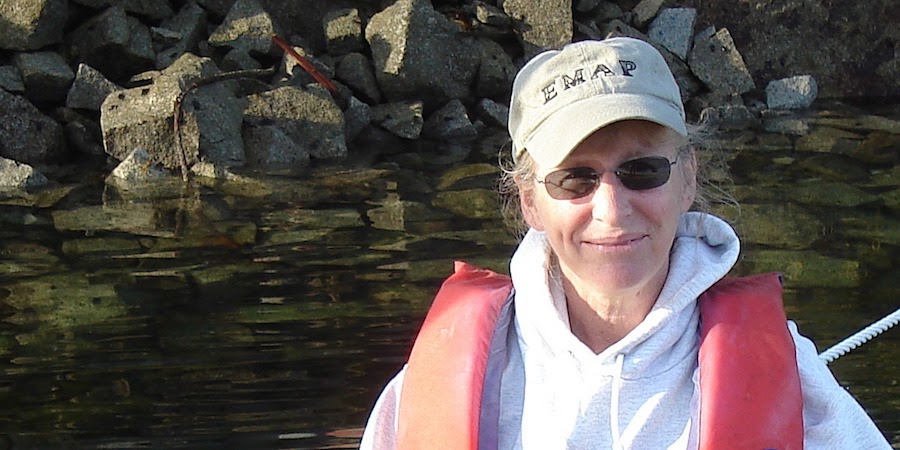
Peggy Nelson is President’s Professor in the School of Human Evolution and Social Change and Vice Dean of Barrett Honors College at Arizona State University. She has conducted research in the Mimbres region of southwest New Mexico for over 30 years, collaborating for the past 20 years with Dr. Michelle Hegmon. Their work focuses primarily on the Classic to Postclassic transformation. Nelson’s 1999 book, Mimbres During the 12th Century: Abandonment, Continuity, and Reorganization, derives from that research. Her 2010 book Mimbres Lives and Landscapes, edited with Hegmon, brings many specialists together in a popular book about archaeology and Mimbres culture. Most recently she leads two interdisciplinary research teams. The first addresses social-ecological issues concerning vulnerability and resilience for prehistoric small-scale farmers in the US Southwest (600–1500 CE) and the lessons learned from this research for contemporary issues of resilience and sustainability. This work has been published as a Special Feature for the journal Ecology and Society. The second is a collaboration with the North Atlantic Biocultural Organization to assess the role of human-made vulnerabilities in the scale of impacts from climate challenges. This work directly addresses concerns within the disaster management community and was recently published in the Proceedings of the National Academy of Sciences. Nelson was elected a Fellow of the American Association for the Advancement of Science in 2008. She has been named Centennial Professor, Parents Association Professor of the Year, and ASU President’s Professor in recognition of her teaching.
Jeremy A. (Jerry) Sabloff
PhD, Harvard University, 1969
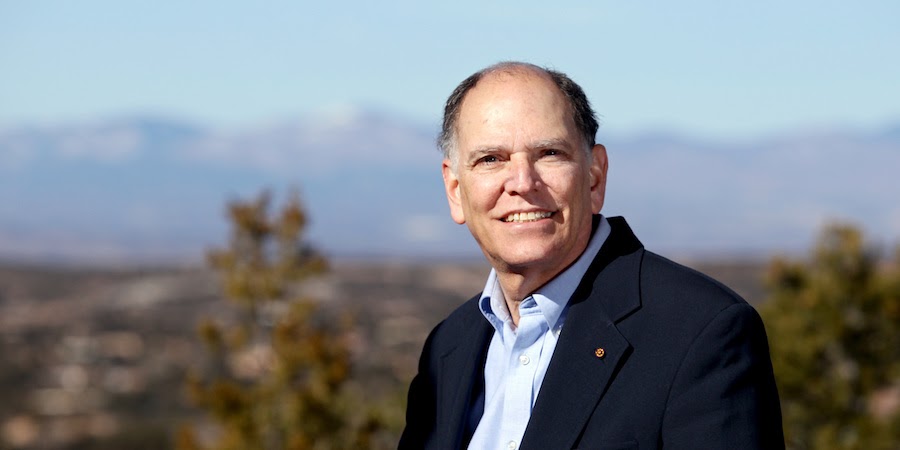
Jerry Sabloff is an External Professor and Past President of the Santa Fe Institute and Christopher H. Browne Distinguished Professor of Anthropology Emeritus at the university of Pennsylvania. Jerry taught at Harvard University, the University of Utah, the University of New Mexico (Chair), the University of Pittsburgh (Chair), and the University of Pennsylvania (where he was the Williams Director of the University of Pennsylvania Museum from 1994-2004). He also was an Overseas Visiting Fellow at St. John’s College, Cambridge, England. He is a past President of the Society for American Archaeology, a past Chair of Anthropology of the American Association for the Advancement of Science, and past Editor of American Antiquity. He served as Chair of the Smithsonian Science Commission and currently is a member of the National Advisory Board of the National Museum of Natural History, the Board of the Friends of Archaeology, Office of Archaeological Studies (New Mexico), and the Council of the American Philosophical Society, as well as a Senior Fellow Emeritus of the Kolb Foundation. He is a member of the National Academy of Sciences and the American Philosophical Society, and a fellow of the American Academy of Arts and Sciences and the Society of Antiquaries, London. He is the author of Excavations at Seibal; Ceramics (1975), The Cities of Ancient Mexico (1989; 2nd ed., 1997), The New Archaeology and the Ancient Maya (1990), and Archaeology Matters (2008) and well as many other books and articles. His principal scholarly interests include: ancient Maya civilization, pre-industrial urbanism, settlement pattern studies, archaeological theory and method, the history of archaeology, and the relevance of archaeology in the modern world. Over the past forty years, he has undertaken archaeological field research in both Mexico and Guatemala.
Charles (Chip) Stanish
PhD, University of Chicago, 1985
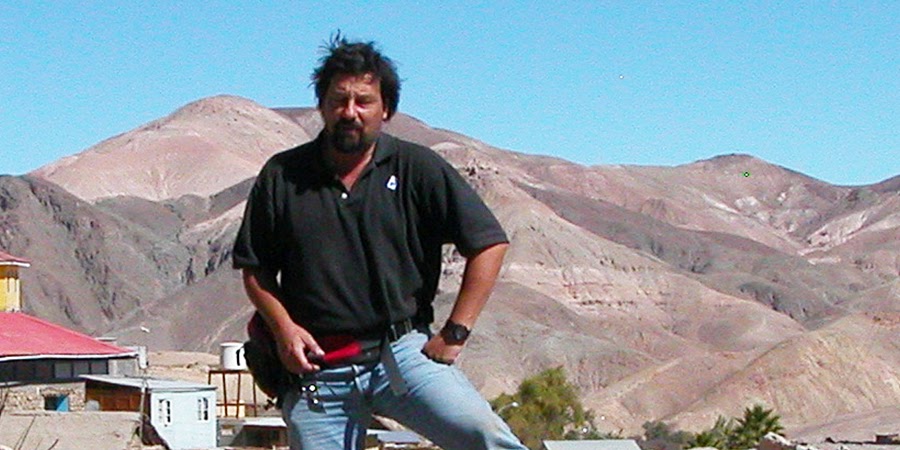
Chip Stanish is a professor in the department of anthropology at the University of California, Los Angeles and the director of the Cotsen Institute. His research interests include Andean archaeology, complex society, and political economy. The Lake Titicaca Basin in highland Peru and Bolivia represents one of the great centers of preindustrial civilization in the world. His survey and excavations along the shores and on the islands of Lake Titicaca have uncovered numerous sites that span more than six millennia of human occupation. Recently, he has been excavating the remains of a house from the seventh to ninth century AD on the Island of Esteves, near the northern shore of the lake. This architecture was associated with a large pyramid and temple complex that was the center of the Tiwanaku (ca. AD 400–1000) state’s provincial administration of this territory. The high quality of pottery and other objects associated with this house complex indicates that it was inhabited by an elite group, possibly Tiwanaku administrators or artisans. Chip has numerous publications and grant awards, and is a Member of the National Academy of Sciences, a Fellow of the American Academy of Arts and Sciences, the Lloyd Cotsen Chair of Archaeology, and a Senior Fellow at the Dumbarton Oaks Research Library.
The Research Institute House
Visiting researchers at Crow Canyon can choose to stay at the Research Institute house, less than a mile from the Crow Canyon campus in rural Colorado. The house provides a relaxing environment for research, a substantial research library (in addition to the research library at Crow Canyon), and laboratory space. Researchers at the Institute house can enjoy a direct connection to Crow Canyon's high-speed internet and research database.
Amenities
- 2 bedrooms, 1 bath
- Full kitchen with gas range
- Dining room with seating for eight
- Garage for lab work or equipment storage
- Laundry washer/dryer
- Private yard/garden
- High-speed internet with access to Crow Canyon's research database
